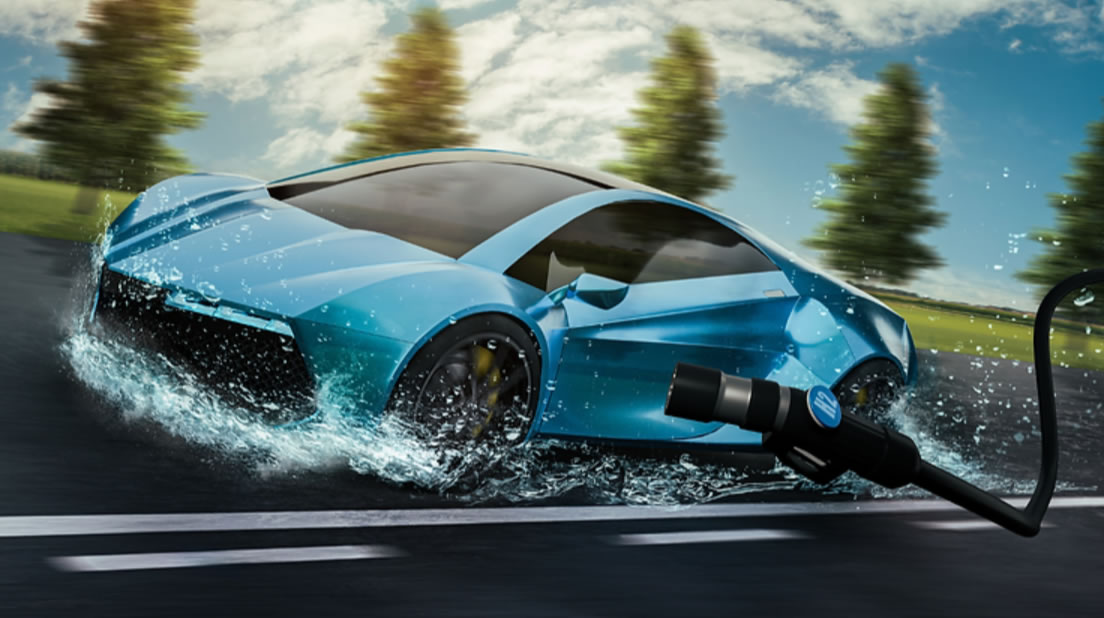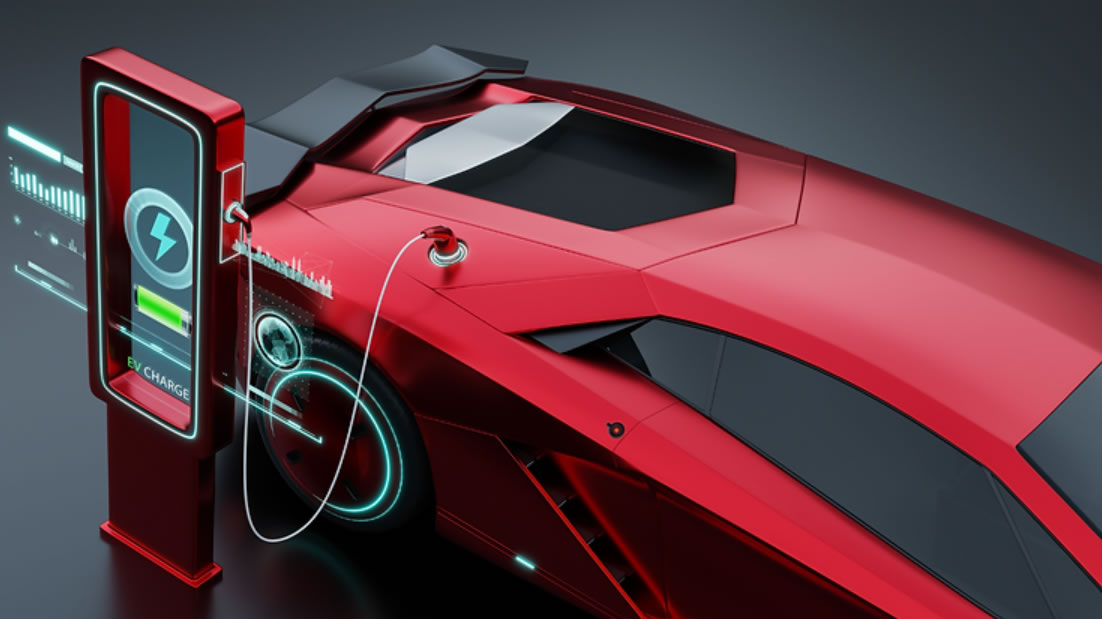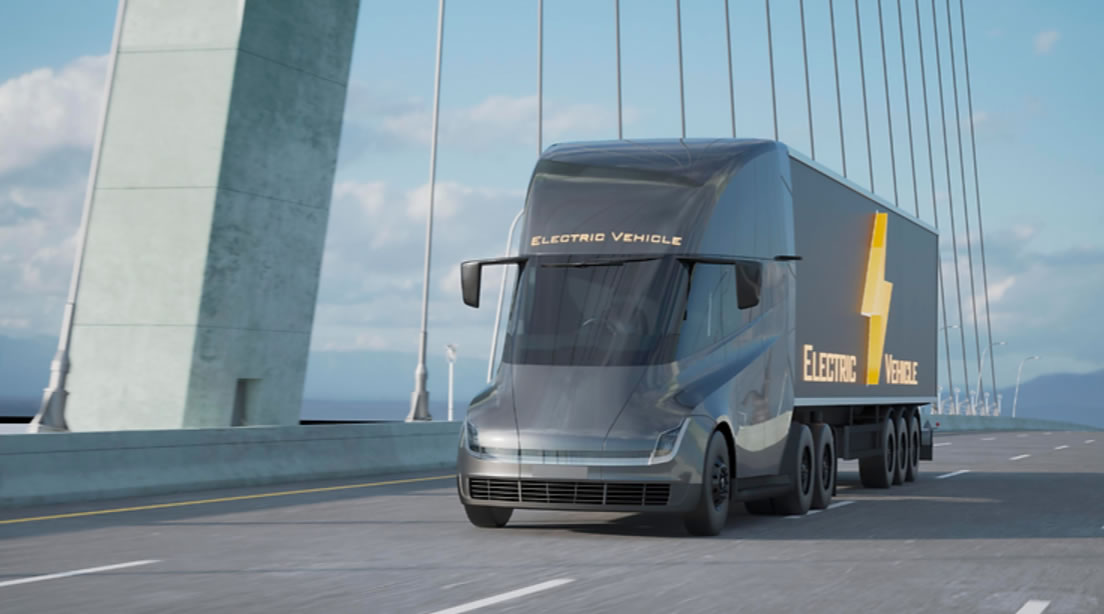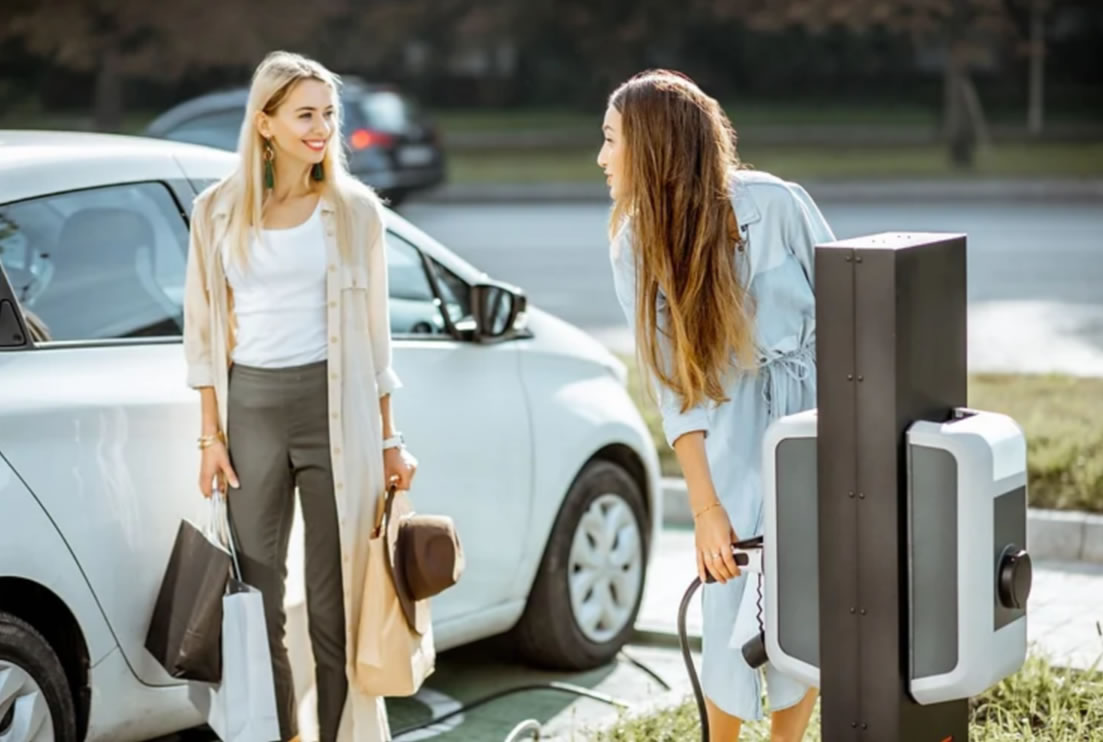EU ban on the sale of new petrol and diesel cars from 2035 explained
All new cars and vans sold in the EU as of 2035 should not produce any CO2 emissions. What does this mean in practice? Check out our FAQ to find out.

To reach its climate neutrality goal by 2050, the EU is taking action to reduce emissions from cars as road transport accounts for one fifth of the EU’s CO2 emissions.
In June 2022, Parliament backed the European Commission’s proposal of zero emissions from new cars and vans by 2035.
Intermediate emissions reduction targets for 2030 would be set at 55% for cars and 50% for vans.

When will there be a ban on the sale of new CO2-emitting cars, including petrol and diesel-driven cars?
From 2035, all new cars that come on the market cannot emit any CO2. This is to ensure that by 2050, the transport sector can become carbon-neutral.
You might also enjoy!
What Are the Benefits of Roadside Assistance?
PLANS & PRICES
BRONZE MEMBERSHIP
Roadside Assistance
Local Recovery
Onward Travel
SILVER MEMBERSHIP
Roadside Assistance
National Recovery
Onward Travel
GOLD MEMBERSHIP
Roadside Assistance
Homestart
Local & National Recovery
PLATINUM MEMBERSHIP
Roadside Assistance
National Recovery
Onward Travel
BUSINESS MEMBERSHIP
Roadside Assistance
Homestart
National Recovery
What will happen to current petrol and diesel-driven cars? Can we still drive them after 2035?

Yes, you can still drive your current car. The new rules don’t mean that all cars on the road have to produce zero CO2 emissions by 2035.
These rules don’t affect existing cars. If you buy a new car now, you can drive it until the end of its lifespan.
But, because the average life span of a car is 15 years, we have to start in 2035 to aim for all cars to be CO2-neutral by 2050.
Yes, this will all still be possible. However, the total cost of ownership – cost of fuel, maintenance, purchasing and insurance – might increase.
What type of zero CO2 emission cars will most people be driving?

The trend is mostly towards battery-electric vehicles, because the total cost of ownership is lower than the alternatives.
For example, the production of hydrogen and e-fuels – made from electricity and hydrogen and turned into synthetic petrol – is more expensive as it requires a lot of electricity.
However, batteries are heavy, which means some means of transport cannot easily be battery-powered – therefore hydrogen or e-fuels can be a good solution for ships, planes or heavy-duty vehicles.

It’s more cost efficient to use electric-powered vehicles as electricity prices are currently lower than petrol prices and they require less maintenance.
So once purchased, the total cost of ownership of a battery-driven car is the same or cheaper than a petrol or diesel car. However, today electric cars are expensive.
The new rules should encourage more competition and encourage manufacturers to invest in research and innovation into electric vehicles, which should drive the purchase price down.
Another issue is the second-hand car market, which has not yet developed for electric vehicles.

What will happen to the waste from electric batteries?
This will be addressed by other legislation – such as the renewable energy directive and the new battery regulation – making sure the production process is CO2-neutral, does not have an adverse effect on the environment and that we are recycling the batteries.
There is also a lot of work being done on innovating batteries and not just for cars.
Is there sufficient infrastructure for zero CO2 emission cars? Is it only for people living in cities?

Manufacturers are currently working on cars with a range of more than 600 kilometres.
Efficiency is improving so that cars don’t have to charge as often, or can charge with a regular plug at home.
Parliament has also recently agreed its position for the alternative fuels infrastructure to provide for more electric charging and hydrogen refuelling stations.
What are the next steps?
The Parliament and EU countries reached an agreement on the final form of the rules in October 2022.
It was approved by Parliament in February 2023 but still has to be formally endorsed by the Council.






Good article, thanks a lot.
I understood it better this time. Thx.
Interesting. Well explained.
Really good.
Good, thanks.
Yeah, I was wondering about it. Thx.
Good to know.